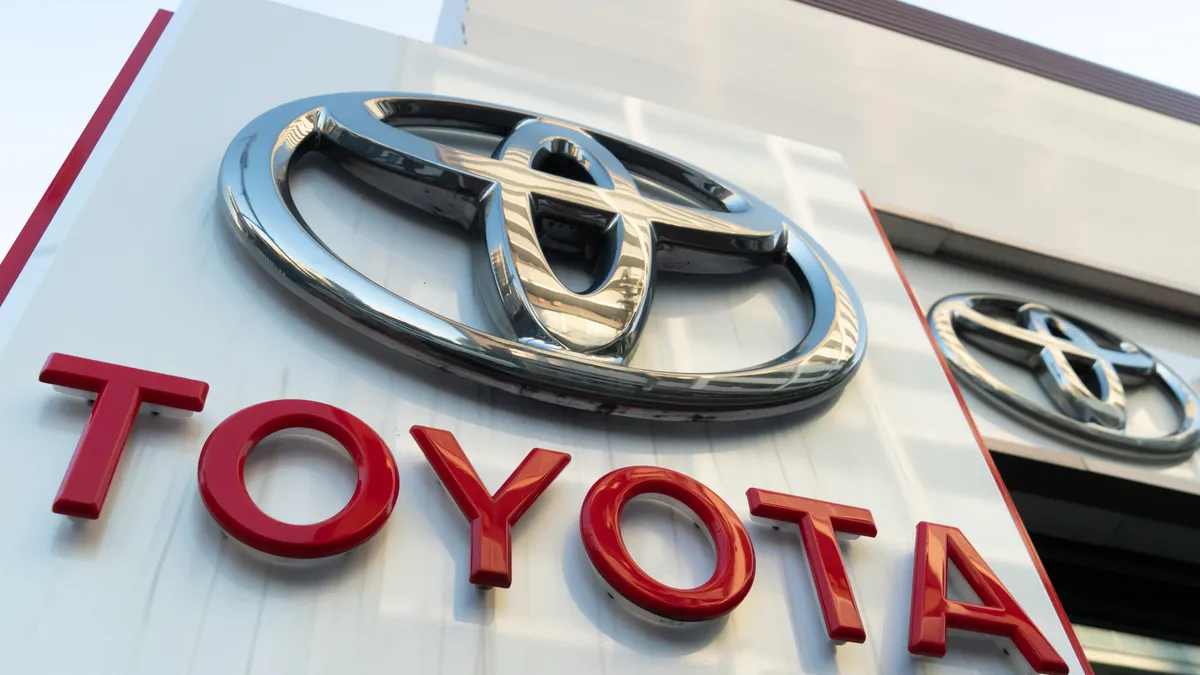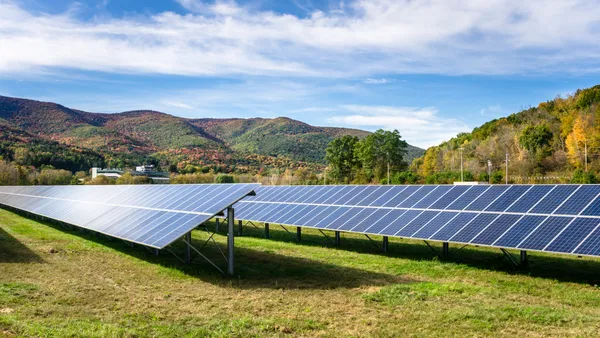Dive Brief:
- Toyota’s venture capital arm said last week it had raised $150 million in funding to expand its investments in startups developing “smart, scalable solutions that combat climate change and promote environmental sustainability.”
- The Toyota Ventures Climate Fund II will build on the car manufacturer’s first climate-focused fund launched in 2021, which has backed 18 companies ranging from climate tech startups to carbon capture and storage ventures. The company announced plans to become carbon neutral across all of its North American facilities by 2035 the same year.
- The San Francisco-based venture capital arm also said it had raised an additional $150 million for its Toyota Ventures Frontier Fund II, which will focus on startups dedicated to deep technology, including artificial intelligence, robotics, quantum computing and cloud.
Dive Insight:
The two new funds bring Toyota Ventures’ total assets under management to more than $800 million, according to the company. The firm has invested in over 75 startups in sectors, including hydrogen solutions to renewable energy, spread across North America, Europe, the Middle East and Asia-Pacific.
The firm’s inaugural climate fund portfolio comprises carbon sequestration company Brilliant Planet, battery solutions startups such as Relectrify and AM Batteries, zero-emissions vehicles and infrastructure platform Zeti, among 18 total sustainability-oriented ventures.
“It’s important … to collaborate with up-and-coming startups to take on the critical challenges we all face in a rapidly evolving world,” Gill Pratt, Toyota Motor Corporation’s chief scientist and CEO of the Toyota Research Institute, said in a press release.
Pratt, who also serves as a board member at Toyota Ventures, said the new funding underscores the auto maker’s “dedication to supporting entrepreneurs who are pushing the boundaries of what’s possible.”
The news comes just a few months after Toyota disclosed a rise in its carbon footprint, according to the company’s December North America sustainability report. The car manufacturer’s scope 1 and scope 2 emissions saw an increase from levels recorded in 2022, despite emissions-curbing initiatives undertaken by the company.
Toyota said in the report that reducing carbon emissions across logistics activities, suppliers and dealers would be “difficult to meet” due to the lack of forecasted availability of fuel cells and electric powertrains for the trucking fleets.












